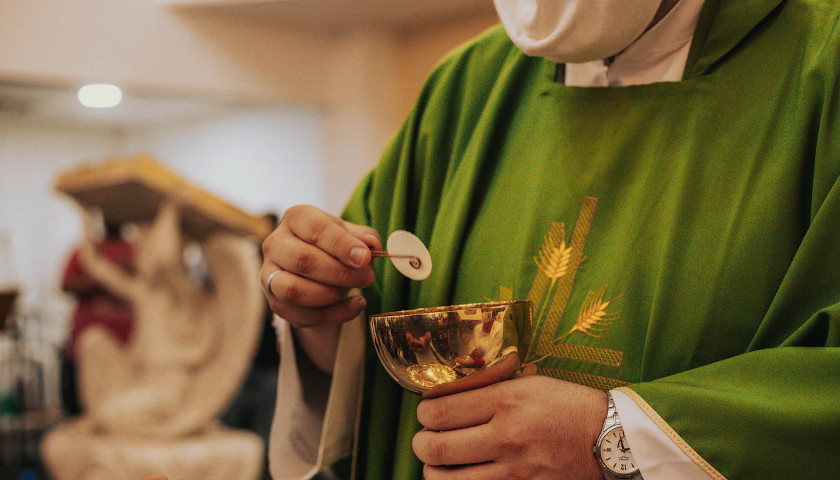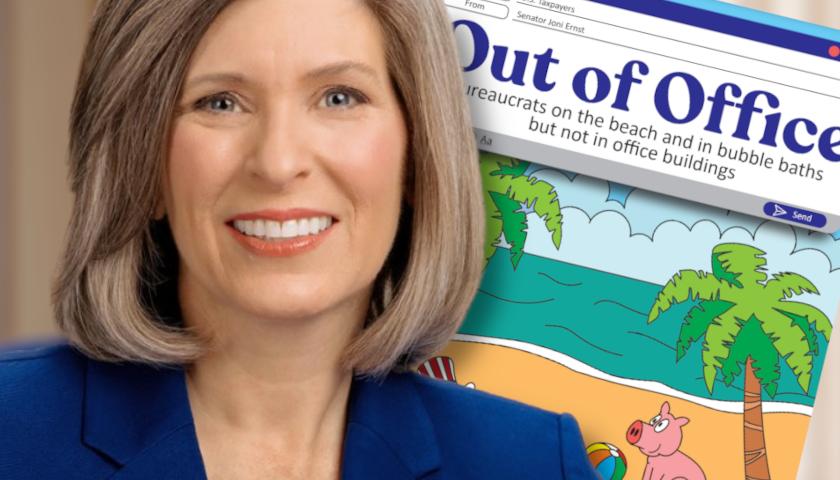Three churches from Culpeper County and Madison County are suing Governor Ralph Northam, because although his latest capacity limits do not include churches, the other restrictions of Northam’s recent orders do.
According to lawyer Mike Sharman, the government is legally allowed to restrict religious expression for a compelling state interest, however courts have argued that that must be done in the least restrictive means possible. Sharman said that since organizations like schools and medical establishments are able to set some of their own standards, that demonstrates that the restrictions remaining on churches are not the least restrictive possible.
“Here we’ve got a couple real clear points that make it [pretty clear] what they think is the least restrictive, because no healthcare or medical services have the same restrictions we do. The government allows them to decide what they’re going to do,” Sharman said.
Sharman noted that essential services including food banks, government, and media are similarly unrestricted.
“My pastor is both a pastor and he also helps run the food bank, but at the food bank he doesn’t have the same restrictions as he does when he pastors. Well, that doesn’t make sense.”
Sharman had previously sued Northam in May, but that lawsuit was settled after Northam agreed to only leave a mask mandate in place against church attendees.
“[The agreement] had only in it that the people attending churches would have the mask requirement,” Sharman said. The onus for enforcement of masks was on the individual, not the organization. “So that seemed like a very reasonable compromise to us.”
Sharman said they would have liked to investigate whether or not the governor had the authority to make such laws. However, they accepted the agreement instead. “We figured having 98 percent of churches in Virginia be able to open was worth it.”
However, later executive orders from Northam require organizations to enforce mask mandates. Sharman started his latest lawsuit before Northam’s Thursday announcement of new restrictions under Executive Order 72.
Executive Order 72 requirements include physical distancing, cleaning, and signs reminding of the rules.
“If religious services cannot be conducted in compliance with the above requirements, they must not be held in-person,” Executive Order 72 states.
Sharman is suing under state law, which provides stronger religious freedoms than the U.S. Constitution. He said that a recent U.S. Supreme Court decision that called New York Governor Andrew Cuomo’s restrictions “discriminatory” suggests a likelihood of success for his own case. Although that Supreme Court decision isn’t official precedent yet, it suggests that there is merit in similar cases.
There are two lawsuit together representing seven people including Sharman, from three churches: Slate Mills Baptist Church, Alum Springs Baptist Church, and Novum Baptist Church. Sharman said the next court date has yet to be scheduled.
“Individuals assembled for educational instruction can do what their governing body or educational institution says. But they don’t trust the church to do that,” Sharman said. “Right there it’s unconstitutional, and it also reflects the bigotry. We trust schools, we don’t trust churches. We trust media, we don’t trust churches. We trust government, we don’t trust churches.”
Sharman said, “What’s happening is they’re discriminating against people of faith, and intentionally so. They might not think it’s wrong, but in a patronizing way, they think it’s right.”
– – –
Eric Burk is a reporter at The Virginia Star and the Star News Digital Network. Email tips to [email protected].





